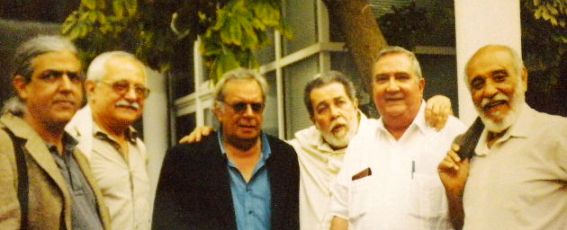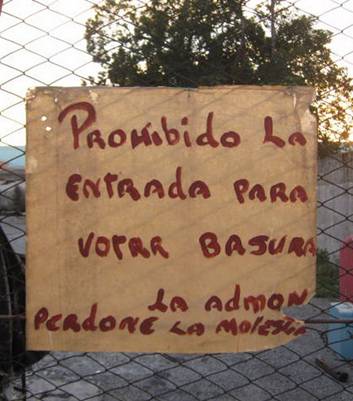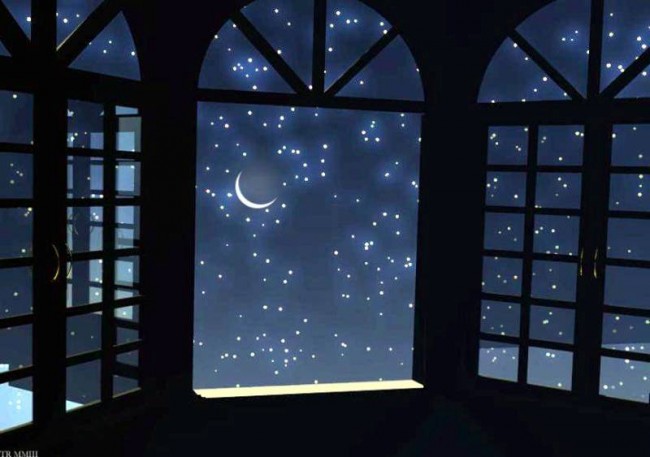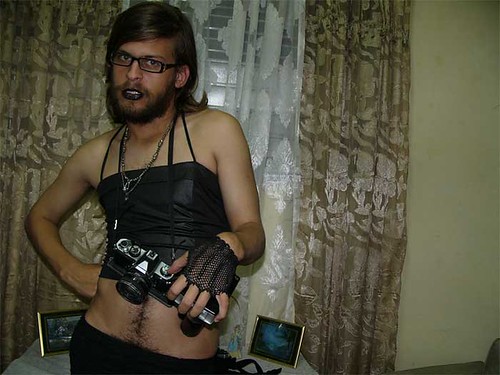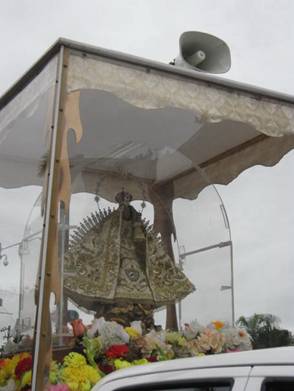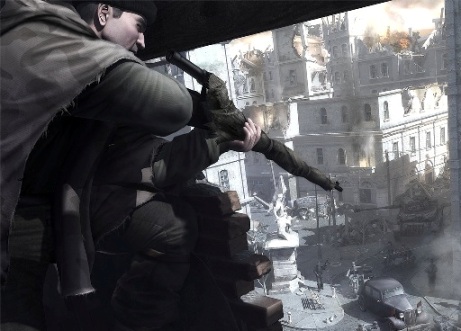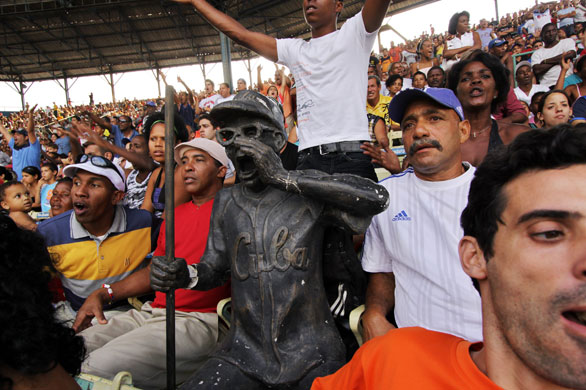
I want to start, this time, making a critical clarification: what I intend to address in this post will be an exception in the blog. The purpose of this blog is to inspire thinking, offer journalistic texts (and on occasion literary ones), where analysis and critical thinking predominate, in a manner of speaking. Whether I achieve it or not depends on many factors, but certainly that is my purpose.
This time, however, I want to make a stop along the way, and to formulate a sui generis denunciation. I want to give you, the readers, a concrete opportunity to see how far the repressive-slanderous apparatus is willing to go, in its efforts to shut down the discordant voices and sing along with the official choir.
In the post, “With a Homeland, But Without a Master,” I stated briefly that certain actions were directed against me by the keepers of the absolute truth, once I decided to act and write like free young person.
Then, in “The Untouchables,” I analyzed the methods and practices used by State Security to restrict our personal freedoms, violate all our constitutional rights, and punish the non-conformists with methods that have no limits.
Today I want to bring my foundations down to earth, shedding light on of the most incredible strategies with which this the apparatchik has tried to counter my blog, and annul my standing as an intellectual.
I hope that all of those who are suspicious of our complaints, who put question marks over our stories, and who defend the legitimacy of this system, will take the time to read this extensive material which I want to present in detail.
Big Brother is watching your email
As I said in the previous post, to have a Gmail, Yahoo or Hotmail account on the island is a sovereign privilege. In many institutions where there is internet access, it is a violation of the rules.
Why? It is an open secret: because State Security has not managed to “filter” the communications on these servers; ergo they force Cubans to use e-mail providers that they can effectively hack.
I, without internet access, for a long time used a national mail account with which I communicated for personal and professional reasons. Almost three months ago, the officials assigned to subvert this blog, showed me how absurd the monitoring, reading and storing the digital correspondence of Cubans can be. And how unscrupulous are the “strategies” of those so-called patriots and defenders of the truth.
I, without internet access, for a long time used a national mail account with which I communicated for personal and professional reasons. Almost three months ago, the officials assigned to subvert this blog, showed me how absurd the monitoring, reading and storing the digital correspondence of Cubans can be. And how unscrupulous are the “strategies” of these so-called patriots and defenders of the truth.
Step one: “Mambi Stinger” in Crearblog
A “reader” appeared in The Little Brother, signing himself “Pepe,” later transformed into “Poseidon,” “Alex Rodriguez,” and other aliases. If you would like to check his existence, you can trace the posts of the past two months, where you will find a couple of virulent comments under his signature.
He appeared to be the manager of a smear campaign against me. Shortly after that, this busy surfer inaugurated a blog entitled Aguijón Mambí, with the following address which no longer exists: www.aguijonmambi.crearblog.com
This first “Stinger Mambi” remained on the network for a week. Then the administrators of the Crearblog platform closed the site for violating their policy against offering offensive or pornographic content.
What did they post on this blog? A text that I regret not having preserved to be able to expose it today. But, in essence, it “denounced” Ernesto Morales Licea, as a gusano, a worm, and apprentice mercenary in the service of the Empire, for making a living trading on the images of several women, and in particular those of his fiancée who lives in the United States. In addition, he said that in Cuba this constituted the crime of pimping, and that this miserable person should be punished for it.
The official “proof” offered to certify my role as a sex merchant, was the following photo, in which I have blocked out the private areas out of elementary respect for this blog.

The photo is, incredible but true, a digital montage. Nothing more nothing less. The face corresponds to the person they claim it to be. But the body is not hers. It is the image of a naive girl who posed in front of a camera, and whose body parts served this time to “discredit” an inconvenient blogger.
Where did the comrades of State Security get the face that they used in this assembled montage? From this photo which I had sent some time ago from that national email account.

A brief overview will allow the reader to see that her face, in both images, is exactly the same, although in the supposedly nude photo her face is tilted a couple of degrees to match the “chosen” body.
The Hunters Hunted
The IP addresses of three computers used to carry out this espionage and defamation are listed below (for readers unfamiliar with these terms, the IP address identifies each computer on the internet):
200.0.24.66
190.6.74.115
200.55.152.130
It is very likely that soon they will appear, right here, the institutions or private addresses belonging to these numbers: and will be seen to be from the political apparatus from which my country has implemented this dirty and depressing game.
Step 2: Mambí Stinger on WordPress
After the failure of their venture on Crearblog, removed by the network administrators who then blocked their IP address, the employees of State Security chose a second option: to work through another platform. This time, WordPress. They created www.aguijonmambi.wordpress.com where they announced that for every blog closed on the Internet they would open ten more.
It took WordPress less than a week to also take down their poor blog.
What did they publish there? Along with the same text as the previous try (these ideological soldiers are not very creative), they published the “nude” photo of my fiancée, and added another with the very nice title: “Ernesto, a cool dude.”
The photo was this one:

I have to confess, this picture made me roar with laughter. Every time I look at it, it amuses me more. But I think that here the brave comrades started to falter in their attempt to discredit me: The original photo had appeared in this blog just days earlier, in the post, “With a Homeland, But Without a Master,” and this time all the readers of The Little Brother could confirm the clumsy montage for themselves:

Step # 3: Another E-mail Skirmish
This pitiful creativity, however, really knows no bounds. Once they realized that these posts would host nothing but cobwebs, the intelligence comrades chose a more surprising method: they sent an email with the images, and another message, to ALL the electronic addresses to whom I had ever sent, and from whom I had ever received, an email.
In other words: their filtering of my email had provided them with hundreds of addresses of my correspondents. Valuable information for their purposes.
Among the address were those of my mother, my brother, colleagues from half the world, colleagues of my fiancée, people who had contacted me for professional reasons and hundreds more.
I ask readers who received this email, with the subject line “My Truth,” to confirm what I am saying in the comments at the end of this post, to prove that I am not lying when I say this.
What did they send this time? The same photos as previously, but with a slight addition. A third image, curiously selected:

Apparently it was not an interest of this institution to declare the supposed homosexual practices of my partner. But once again, the diligent defamers came up short on ingenuity: this image corresponds to a group of photos immensely popular in Cuba, to which I referred (but of course did not publish) in the post, “Sex, Truths and Video Cameras.”
The person with white skin now being passed off as my fiancée, was simply this:

In this new attempt they took the trouble to “write” a text for the occasion. A text that would “destroy” me to all my friends, acquaintances or colleagues whose email addresses had been trapped in their web.
I reproduce here some excerpts of this text. If I don’t produce it in its entirety it if because of its great length, and to protect my readers from the poor quality of the writing. The message was titled, no more and no less than, “Ernestico the Holy One.”
“By the heat of your anger and from the moisture in your eyes, I can see that my sting has hurt you.” But I am sorry to tell you, Ernestico, that the foregoing is nothing; approaching some of your male and female friends and colleagues they have thanked me for showing your true colors and have alerted me to some other small things where I continue to see the contradictions in what you write and what you do.
“I remind you that from when we studied at Silbeto, you started with many friends and finished with few. In Santiago, to the extent that we knew you, we realized you were not a part of our group — you were truly superior, the best, even better than our old profs — this self-sufficiency in everything you said and in how little, as always, you did.
“I remember that you always looked as us from the highest step and we, for you, were nothing more than just group comrades. Who were your ‘real friends,’ those who like me didn’t have name brand shoes, good jeans, a nice shirt? Your real friends were those you got some benefit from, a big slice.
“Because of this I doubt your sincerity, I doubt what happened to you in RB, that it was like you described it. I’m sure it was calculated, well thought out, to find a pretext (as always happens with you), a story that you have been weaving little by little until you converted yourself into a true dissident, one of the good ones, one of those who are expected by our ‘dear neighbors,’ who are waiting for you with open arms. (Welcome my hero.)
and umbilical, you like things ‘good inside and out,’ at times I envy you, in truth, there are few people who have this showcase of values.
“You taught me that one can’t be squeamish with someone who plays with shit, there go some more of my snapshots. Ah, more, more, more, more and moooooooooooore.”
The Momentary End of History
I have not the slightest doubt in this second the diligent boys from intelligence are squeezing their acid neurons in search of a new plan. A new trick that in time will make itself known on this blog, and that has started, of course, with a sui generis reader whose name recently appeared here. His name is Guaitabó Cubano, and his IP address is 200.55.152.132.
Why bring these schemes to light, a blog that was not conceived as a forum for denunciations, but as a space for ideas and thoughts? For a very important reason: it is time that we prove that it’s not infantile whines, or unfounded allegations, that sustain what so many of us non-conformists on this side of the ocean confirm: in Cuba today, the exercise of freedom, the right to disagree, remains an official risk that not everyone is willing to face.
These are the consequences: defamation, manipulation, the attempt to socially ostracize everyone who refuses to remain silent before what they don’t agree with, or who simply exercise their individuality.
My decision to choose journalism itself, consistent, questionable but sincere, could be analyzed at a professional level, or even an ethical one. You could debate the partiality or impartiality of my texts, their objectivity or subjectivity. But woe to those unhappy robots who assume, in an unlucky second, that such burlesque campaigns are going to tie my hands.
Cervantes said it much better than I can through his immortal Quixote: “They are barking, Sancho. It is a sign that we are riding.” Compared to the personal satisfaction of knowing oneself useful for some, and hated by others, no phony trick has any effect.
November 27, 2010

